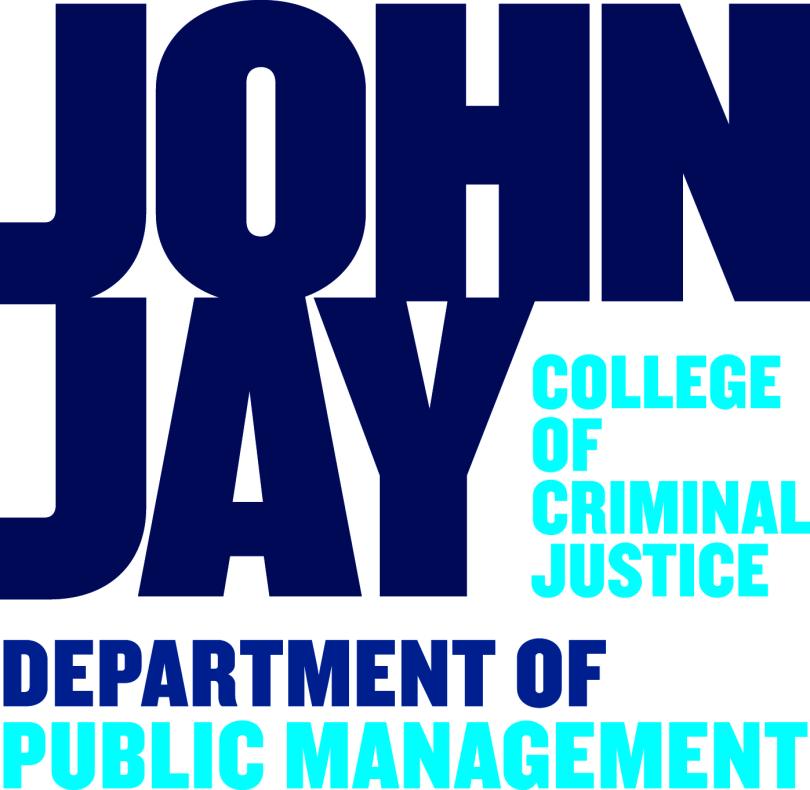Undergraduate Programs

The major in Public Administration prepares students for leadership and management roles in public agencies. The major empowers students to analyze, understand and solve problems using the tools of public administration. The major is grounded in our commitment to a broad definition of justice, including equity, diversity, inclusion, ethics, effectiveness, and accountability.
The minor in Public Administration examines decision–making, leadership and management in public agencies and non–profit organizations. It introduces students to the field of Public Administration, including its scope, content, literature and relationship to other disciplines. The supervision, planning and budgeting skills students acquire in the Public Administration minor will prove valuable as they advance towards a leadership role in any organization that helps carry out the business of government.
The Criminal Justice Management BS focuses on the development of leadership, supervision, and analytic skills of students who aspire to executive positions in criminal justice agencies such as correctional facilities, courts, and emergency response and law enforcement agencies. The major is designed to introduce students to the American criminal justice system, expose students to management issues and methods, introduce ethical considerations, and provide students with basic knowledge and skills that are needed foradministrative and management positions.
The FEFF programs include the certificate in forensic accounting, the FEFF major, and minors in fraud examination and accounting. The knowledge and skills developed include (depending on the specific sub-program) education in fraud risk, relevant accounting and auditing principles and standards, and data analysis, including preparation of data from evidence and use of data for investigations. Graduates have many future opportunities, including law enforcement, law school, and compliance units.
The accounting minor is beneficial for anyone who wants to be involved in management, leadership, or administration in a meaningful way. The understanding of accounting assists them in fulfilling their organizational objectives, whatever those objectives may be. The emphasis of this minor is on the use of financial information rather than preparation of financial information. Students should speak with the minor coordinator about how this minor can satisfy some of the educational requirements to sit for the CPA Exam.
The Fraud Examination minor considers the following areas: financial transactions and fraud schemes, civil and criminal law related to fraud, investigations, and fraud prevention and deterrence. Topics such as corruption, asset misappropriation and fraudulent financial statements are central to the minor.
Forensic accounting is the application of general theories and methodologies of accounting for purpose of resolving financial issues in a legal setting. The Forensic Accounting Certificate provides in-depth learning opportunities to advance students’ knowledge of fraud examination and to develop skills in the use of investigative and analytical techniques to resolve allegations of fraud and other potential white-collar and financial crimes. The certificate provides comprehensive coverage of all types of financial crimes, but concentrates on fraud prevention, fraud detection, fraud investigation and remediation. The types of fraud schemes studied include corruption schemes, asset misappropriation, and fraudulent financial statements.
The BS/MPA Program in Public Administration allows exceptional undergraduate students the opportunity to simultaneously pursue a dual baccalaureate and master’s degree. The number of undergraduate elective and courses in the Public Administration Major are reduced, thus enabling them to begin graduate courses once they have fulfilled the college general education requirements and some courses of the major.

Email ypurdie@jjay.cuny.edu for more information on undergraduate majors and programs.